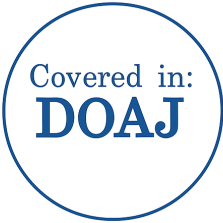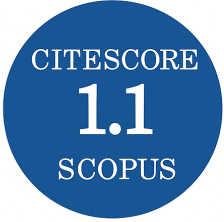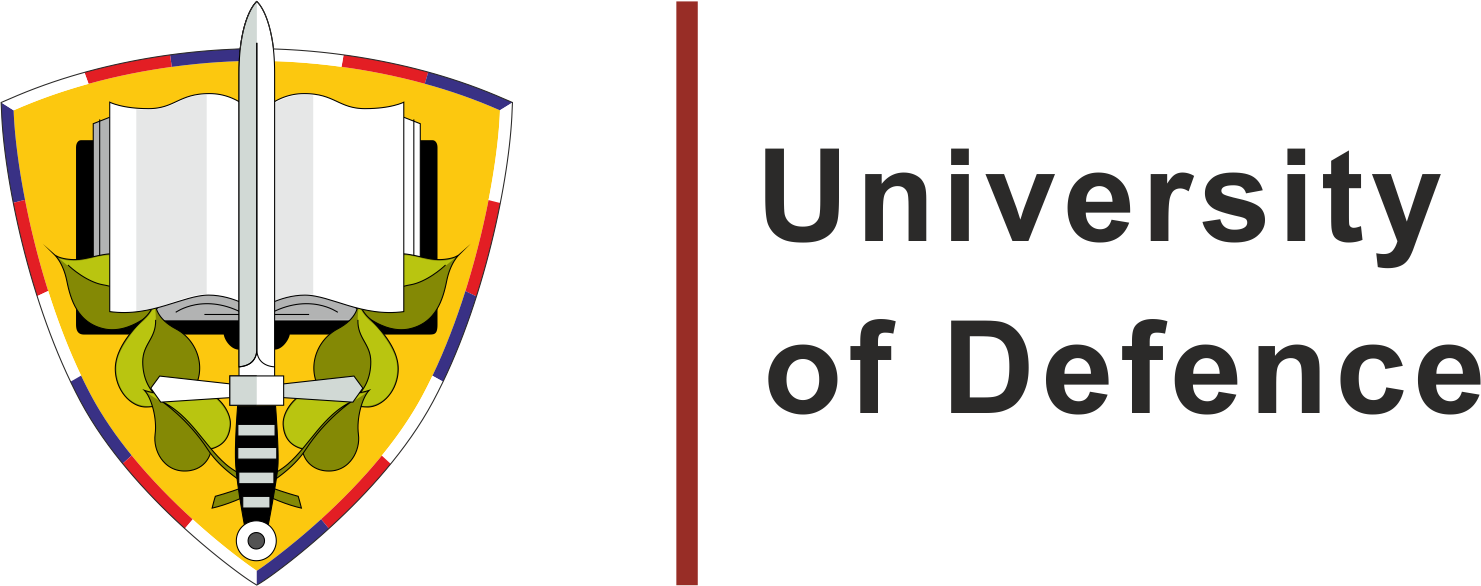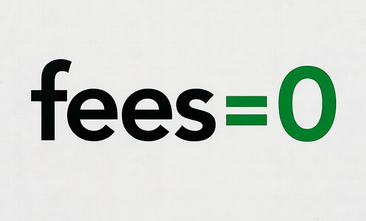Determination of Efficiency of Weapon Systems Maintenance as Condition for DM Distribution
DOI:
https://doi.org/10.3849/aimt.01463Keywords:
condition-based maintenance, diffusion-monotonic distribution law, maintenance and repair system, technical and economic modelAbstract
The article discusses the mathematical model of technical condition-based maintenance
of weapon systems. The model his developed based on a semi-Markov stochastic
process. The diffusion-monotonic (DM) distribution law, which is specific for airfield
technical condition-based maintenance of aircraft, is has been used as a failure model,
and type I errors are considered. For standard operating conditions, graphs of the
dependence of the coefficient of technical use and specific costs per hour of operation in
good condition from the basic parameters are shown. The optimal maintenances interval
ensuring maximum maintenance coefficient value has been proved. The principal results
have been achieved by using multiple calculation method.
References
ABLONSKY, P.M., S.A. PUSTOVOY and P.V. OPEN’KO. Economic Mathematical Model of Maintenance of Samples of Weapons and Military Equipment According to the State or Diffusion-Non-Monotonic Distribution of Failures (in Russian). Economy and Entrepreneurship, 2013, 8, рр. 436-443. ISSN 1999-2300.
MIRNENKO, V.I., P.M. YABLONSKY, S.A. PUSTOVOY and Y.P. SELISHCHEV. The Feasibility Study of Condition-Based Maintenance of Aerial Vehicle with Diffusive-Monotonous Distribution of Their Failures (in Russian). Journal of Scientific Papers Social Development and Security, 1(1), pp. 58-68. DOI 10.5281/zenodo.1056827.
BORUCKA, A., A. NIEWCZAS and K. HASILOVA. Forecasting the Readiness of Special Vehicles Using the Semi-Markov Model. Maintenance and Reliability,2019, 21(4), рp. 662-669. DOI 10.17531/ein.2019.4.16.
DANIEWSKI, K., E. KOSICKA and D. MAZURKIEWICZ. Analysis of the Correctness of Determination of the Effectiveness of Maintenance Service Actions. Management and Production Engineering Review, 2018, 9(2), рp. 20-25. DOI 10.24425/119522.
TANG, D., W. SHENG and J. YU. Dynamic Condition-Based Maintenance Policy for Degrading Systems Described by a Random-Coefficient Autoregressive Model: A Comparative Study. Maintenance and Reliability, 2018, 20(4), рp. 590-601. DOI 10.17531/ein.2018.4.10.
BORUCKA, A. Empirical Analysis of Transportation Systems Availability Using the Semi-Markov Process. In: Proceedings of the 29th European Safety and Reliability Conference. Singapore: Research Publishing, 2019, pр. 834-839. DOI 10.3850/978-981-11-2724-3_0136-cd.
ŚWIDERSKI, A., A. BORUCKA, M. GRZELAK and L. GIL. Evaluation of the Machinery Readiness Using Semi-Markov Processes. Applied Sciences, 2020, 10(4), 1541. DOI 10.3390/app10041541.
OPEN’KO, P.V., P.A. DRANNYK, V.V. KOBZEV, M.B. BROVKO and G.S. ZALEVSKY. Substantiation of Reliability Requirements for Mobility Means of Surface-to-Air Missile Systems. Advances in Military Technology, 2017, 12(1), pp. 91-99. DOI 10.3849/aimt.01122.
BORUCKA, A. Method of Testing the Readiness of Means of Transport with the Use of Semi-Markov Processes. Transport, 2021, 36(1), pp. 75-83. DOI 10.
/transport.2021.14370.
ASMUSSEN, S., L. LIPSKY and S. THOMPSON. Markov Renewal Methods in Restart Problems in Complex Systems. In: M. Podolskij, R. Stelzer, S. Thorbjornsen and A. Veraart, eds. The Fascination of Probability, Statistics and their Applications. Cham: Springer, 2016, pp. 501-527. DOI 10.1007/978-3-319-25826-3_23. Advances in Military Technology, 2022, vol. 17, no. 2, pp. 325-339 339
VOLKOV, L.I. Aircraft Operations Management (in Russian). Moscow: Vysshaya Shkola, 1981.
Instructions on the Procedure for Assessing the Electric and Gas Equipment of the Air Forces of the Armed Forces of Ukraine, which Is Recorded on the Off Balance Sheet Account 010. In Value Terms (in Ukrainian). Vinnytsia: Armed Forces of Ukraine, 2009.
Downloads
Published
License
Copyright (c) 2022 Advances in Military Technology

This work is licensed under a Creative Commons Attribution-NonCommercial 4.0 International License.
Authors who publish with this journal agree to the following terms:
1. Authors retain copyright and grant the journal right of first publication with the work simultaneously licensed under a Creative Commons Attribution License that allows others to share the work with an acknowledgement of the work's authorship and initial publication in this journal.
2. Authors are able to enter into separate, additional contractual arrangements for the non-exclusive distribution of the journal's published version of the work (e.g., post it to an institutional repository or publish it in a book), with an acknowledgement of its initial publication in this journal.
3. Authors are permitted and encouraged to post their work online (e.g., in institutional repositories or on their website) prior to and during the submission process, as it can lead to productive exchanges, as well as earlier and greater citation of published work.
Users can use, reuse and build upon the material published in the journal for any purpose, even commercially.






